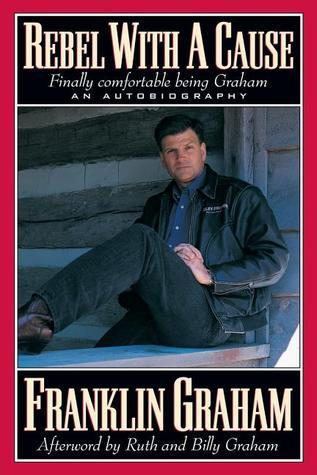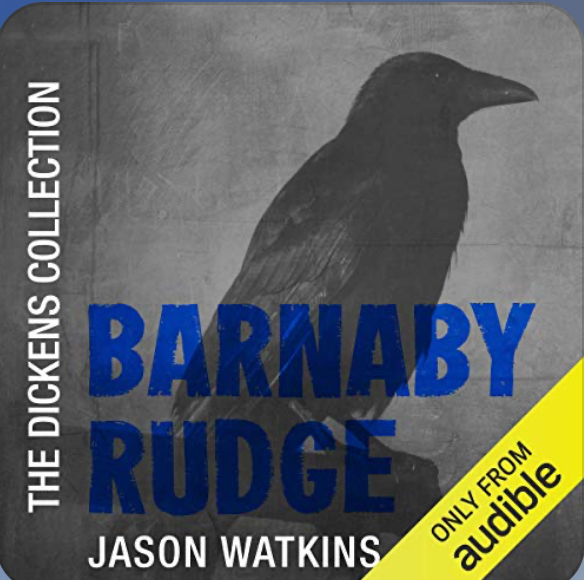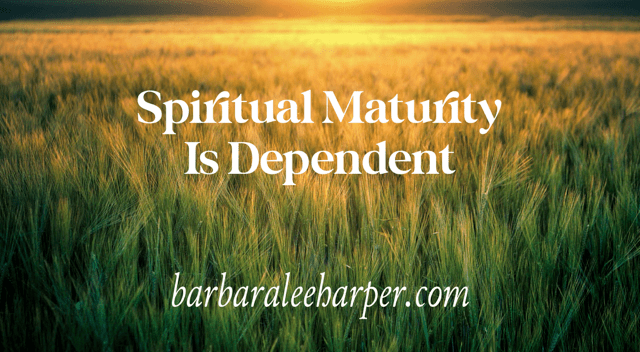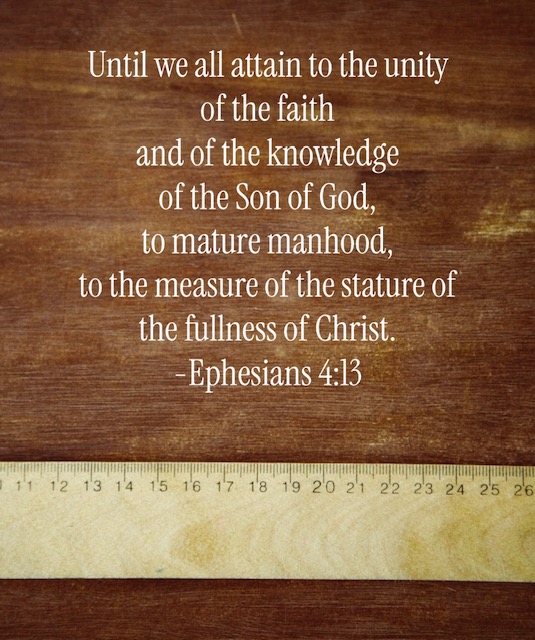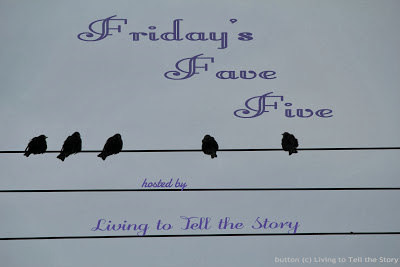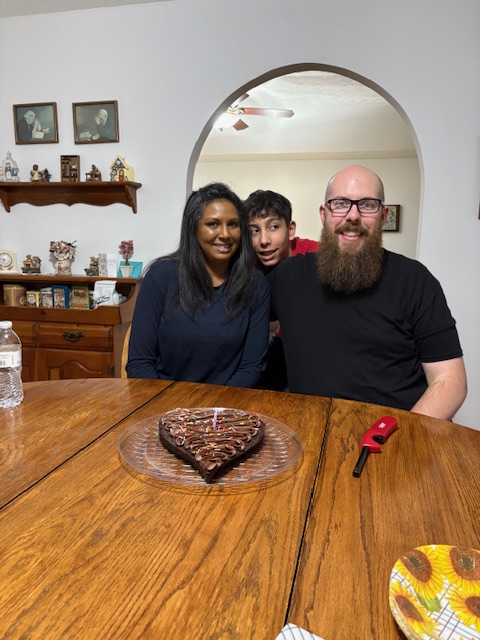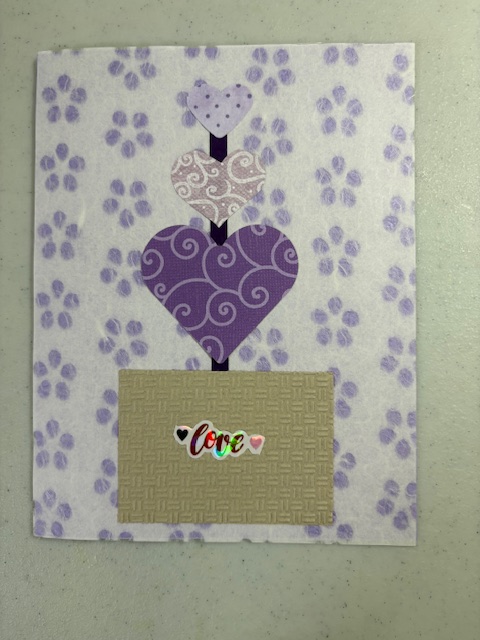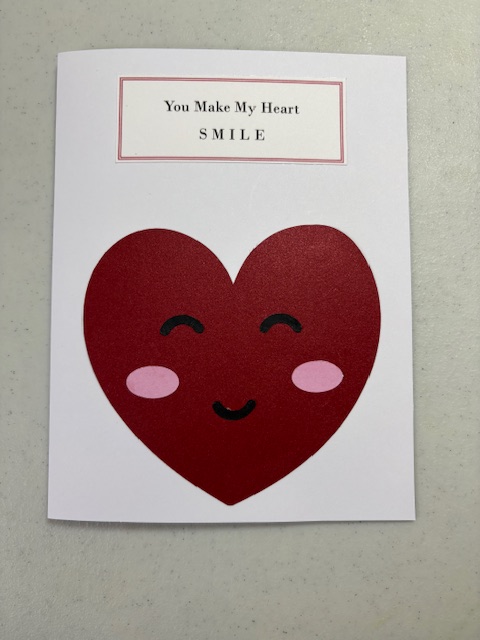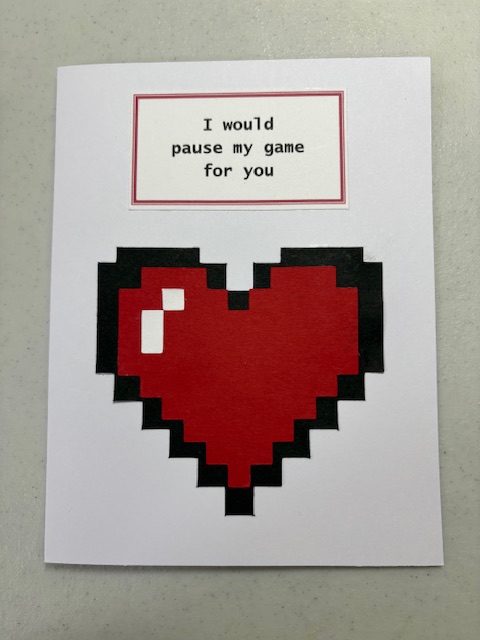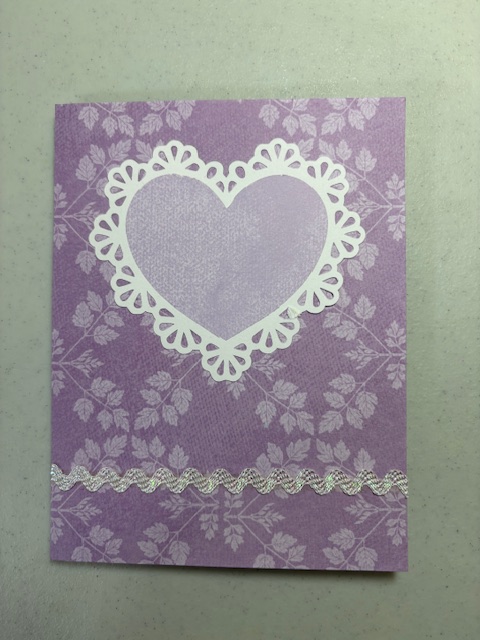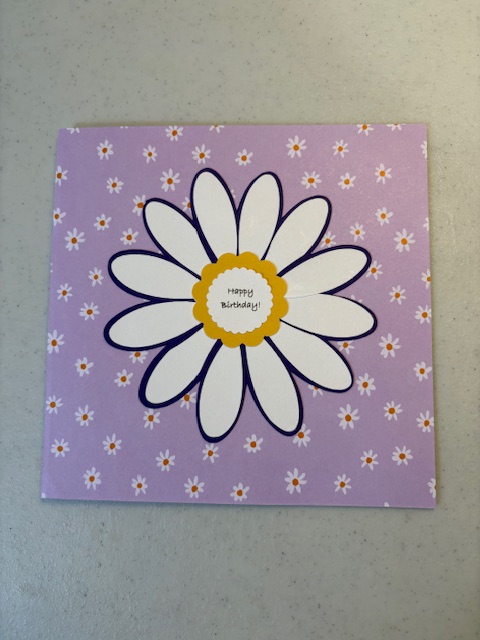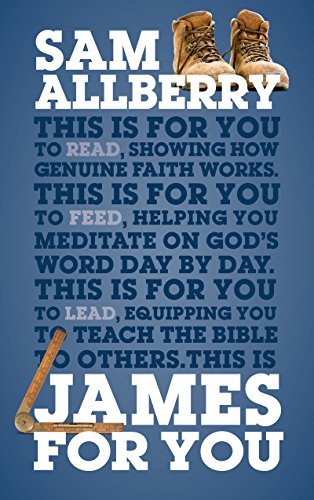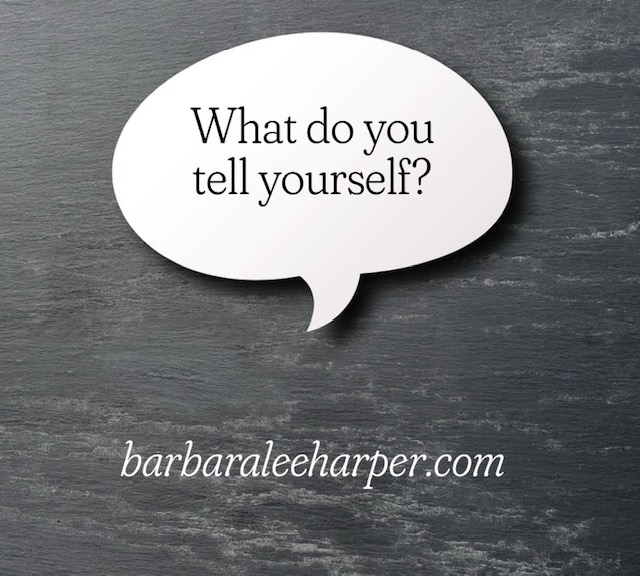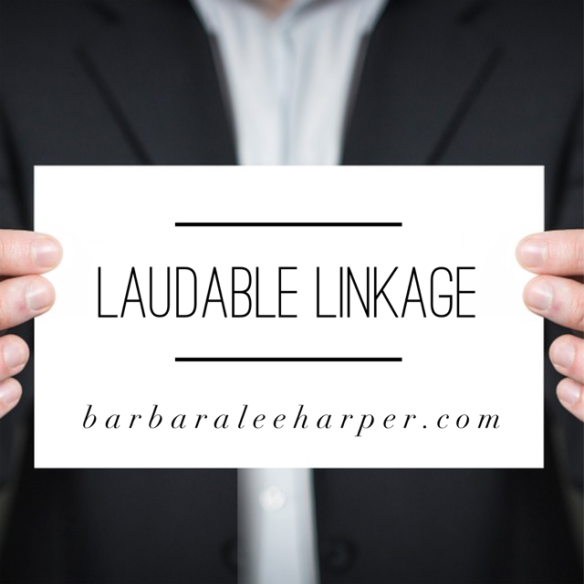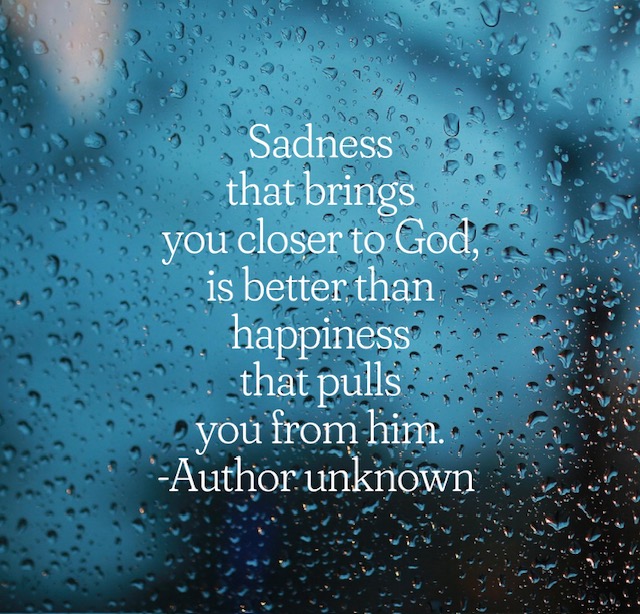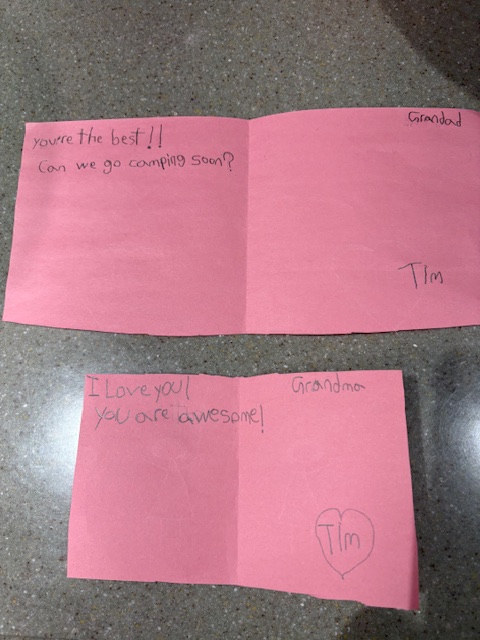Franklin Graham’s autobiography, Rebel With a Cause, was not on my radar. However, someone gave it to me. I don’t always pray about what book to read next, but when I did a few weeks ago, I couldn’t get this book off my mind.
Franklin Graham is the son of well-known evangelist Billy Graham. In his earliest days, Franklin didn’t have a clear picture of what his father did. He just knew he was gone much of the time. He was quite a handful as a child. I enjoyed some of his mother’s creative and unconventional ways of dealing with him.
Franklin loved where his family lived in NC, motorcycles or almost anything with an engine, guns, and fun, even if it got him into trouble. And it frequently did.
In his first or second year of college, he went on a trip to help two single female missionaries–not for any spiritual reasons, but for a chance to go to a foreign country. He saw their work and simple trust in God and wanted to help more. He began to organize supplies for them, little realizing that this would eventually lead to his life’s work.
Franklin writes of the different male figures in his life who influenced him, mostly for good, in his father’s absence. One day, everything came together to convince him and help him be willing to surrender his life to God.
By his own admission, he was never much of a student. But he finally got serious about his studies and finished college whole married to his wife, Jane Austin.
I had thought that he began Samaritan’s Purse, but, actually, a man named Bill Pierce did. Franklin went on many mission trips with Bill. When Bill knew he was dying of cancer, he talked to Franklin about taking over SP when he was gone. After thinking and praying much, and waiting for the SP board to come to the same conclusion, Franklin agreed.
The SP website states, “Samaritan’s Purse is a nondenominational evangelical Christian organization providing spiritual and physical aid to hurting people around the world. Since 1970, Samaritan’s Purse has helped meet needs of people who are victims of war, poverty, natural disasters, disease, and famine with the purpose of sharing God’s love through His Son, Jesus Christ. The organization serves the Church worldwide to promote the Gospel of the Lord Jesus Christ.”
I appreciated that, whenever they heard of a need, Franklin, or, later, one of his team would go investigate the situation first. They’d try to discern exactly what the need was, whether and how they could help, and who could facilitate the efforts there. They made it clear that they would share Christ while there, and most of the time that was not a problem.
Franklin shares story after story of horrific needs and miraculous supply of both provisions and people to help. My heart was touched by those here and in various countries who stepped in to meet needs.
In later years, Franklin felt he might be called to be an evangelist. But he knew he was where God wanted him at SP. He didn’t want to be compared to his father or look like he was following in his footsteps. Then others began to tell him they thought he was called to be an evangelist as well. Finally one evangelist convinced Franklin to come along with him and help with his meetings. Franklin did, and then began to preach at meetings himself. He concluded that Jesus preached as well as helped people with their physical needs, so Franklin did not have to choose one or the other.
This book was published in 1997 when both his parents were still alive. They contributed a few words at the end.
He doesn’t say anything about Operation Christmas Child in this book. I assume that was started after this book was written. I just saw there is a separate book about that ministry.
While I wouldn’t endorse everything written or all the people and organizations Franklin and his ministry associated with, I was blessed by how God worked in and through him.

